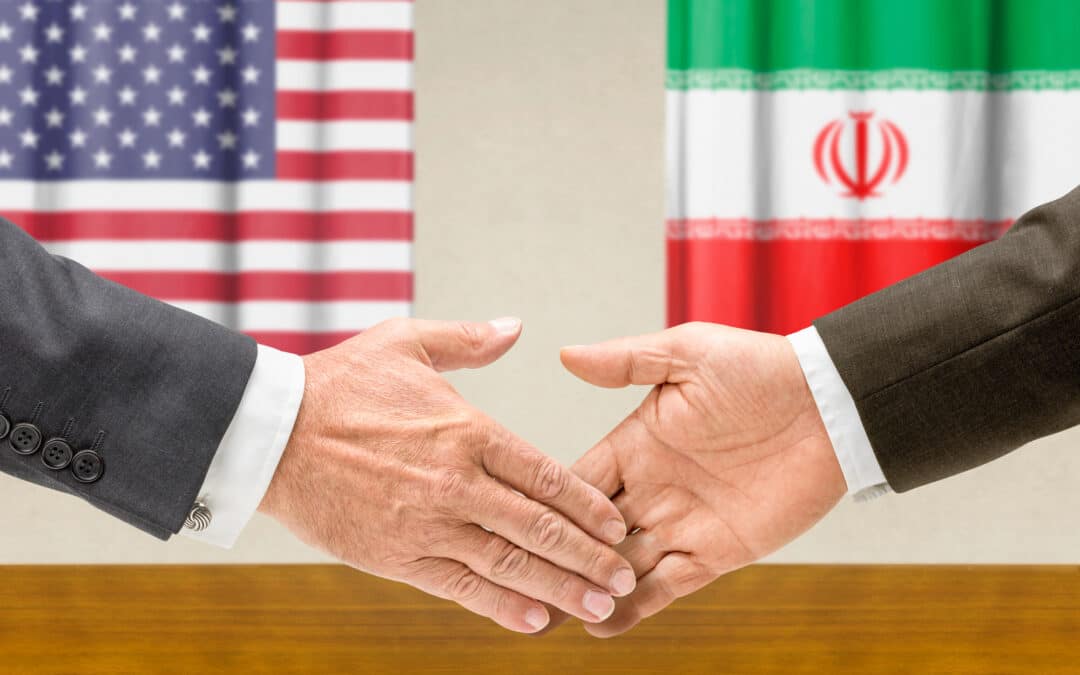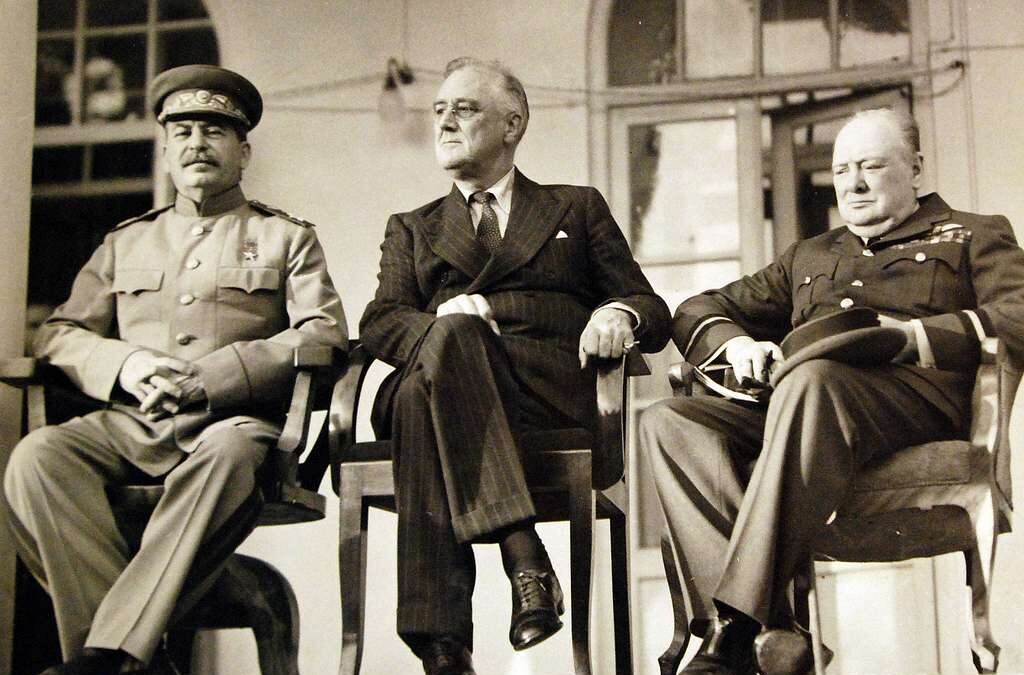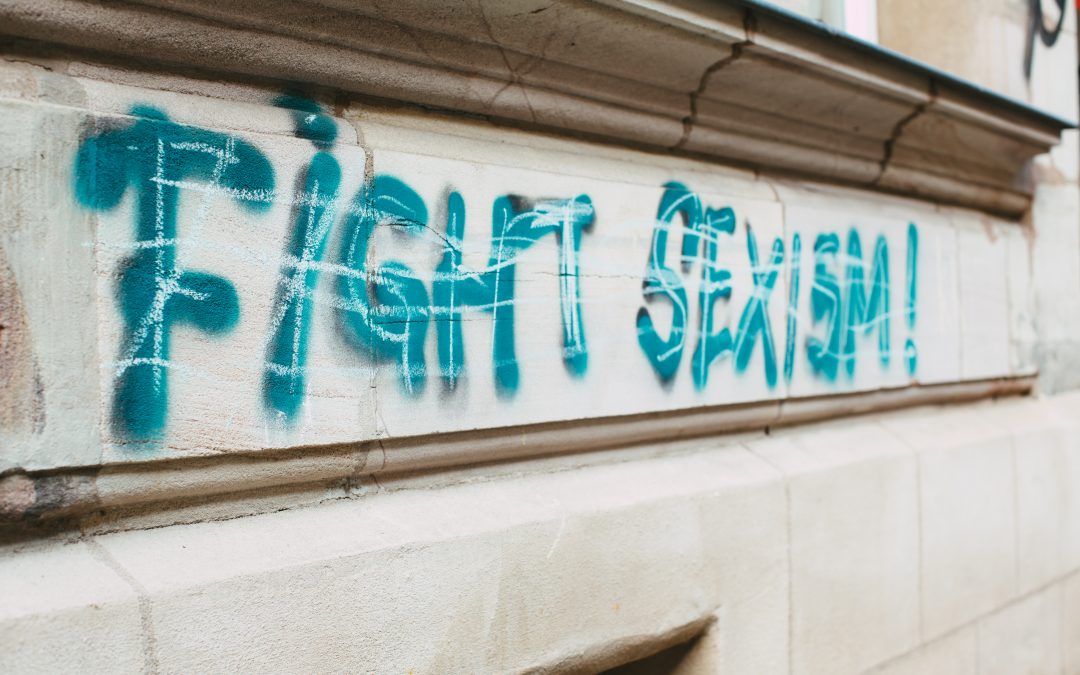Libertarians frequently note the incoherence of American and Israeli foreign policy. Nowhere is this more apparent than with respect to American and Israeli relations with Iran over the last seventy-five years. Last June, the United States and Israel bombed Iran on the pretext of halting Iran's supposed nuclear weapons program and destroying its alleged stockpile of highly enriched uranium (HEU). But contrary to popular knowledge, the U.S. government actually helped begin Iran’s nuclear program in 1957 under our government’s Atoms for Peace initiative. For Iran’s first nuclear research...













